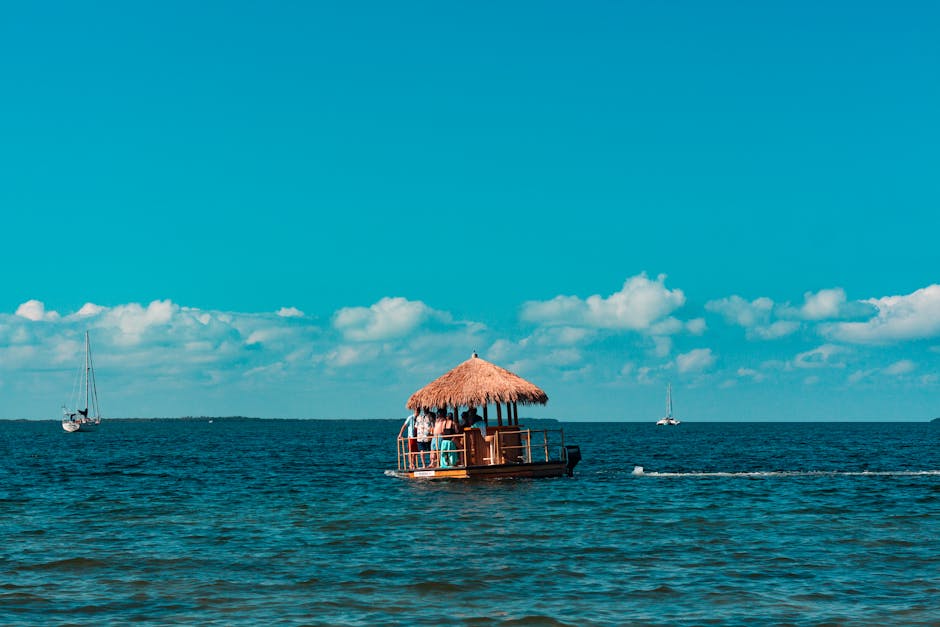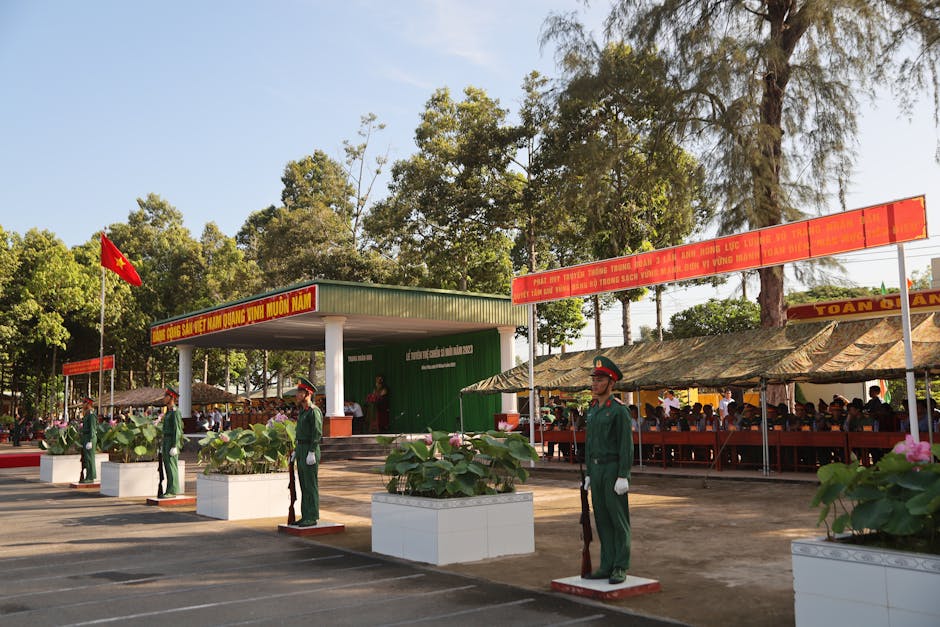U.S. Conducts Another Caribbean Boat Strike, Detains Survivors
In its latest maritime operation, the U.S. military has carried out a targeted boat strike in the Caribbean, detaining several survivors. This marks the third such operation in the region over the past two months, sparking debates about regional security and international law.
Details of the Operation
According to Pentagon officials, the strike was executed by U.S. naval forces in coordination with intelligence agencies. The targeted vessel was allegedly involved in transporting illegal narcotics and weapons, though specific details about its cargo remain undisclosed. The operation led to the vessel’s destruction, with some survivors taken into custody for interrogation.
“This operation is a critical step in combating transnational threats in the Caribbean,” said a senior U.S. defense official. “We are committed to ensuring regional security and preventing the flow of illicit goods that fuel violence and instability.”
Regional and International Reactions
The strike has elicited mixed responses from Caribbean nations and international observers. While some countries support U.S. efforts to curb drug trafficking and organized crime, others have criticized the unilateral nature of the operation.
“The Caribbean is a zone of peace, and any military action must respect sovereignty and international law,” a Caribbean Community (CARICOM) spokesperson stated. “We urge dialogue and cooperation over unilateral measures.”
Human rights organizations, including Amnesty International, have also raised concerns about the treatment of detainees. Amnesty called for transparency and due process for those detained.
“The detention of survivors raises serious human rights concerns,” an Amnesty spokesperson said. “We demand a thorough investigation into this operation.”
Broader U.S. Strategy in the Caribbean
The strike aligns with the U.S.’s broader strategy to bolster its presence in the Caribbean, a key transit point for drug cartels and criminal networks. In recent years, the U.S. has increased military and law enforcement cooperation with Caribbean nations, deploying additional resources to the region.
While these efforts have disrupted smuggling routes and seized significant narcotics, they have also sparked debates about the long-term impact of U.S. intervention. Critics argue that such operations risk alienating local populations, while proponents view them as essential to addressing shared security challenges.
Geopolitical Implications
The Caribbean has increasingly become a focal point of global power competition, with China and Russia expanding their influence in the region. The U.S. appears determined to assert its dominance and counter perceived threats to its strategic interests.
As the situation develops, the international community will closely monitor the U.S.’s approach to Caribbean security. Will these operations enhance regional stability, or will they heighten tensions? The outcome could shape the future of U.S.-Caribbean relations and the broader security landscape of the Americas.
For now, the survivors of the latest strike remain in U.S. custody, their fate uncertain. As investigations continue, one thing is clear: the Caribbean remains a critical battleground in the global fight against transnational crime.
Stay tuned to NextMinuteNews for updates on this developing story.




